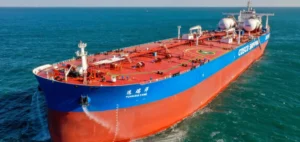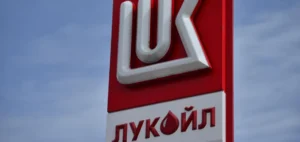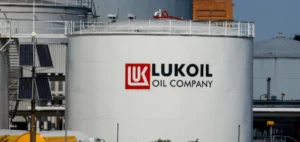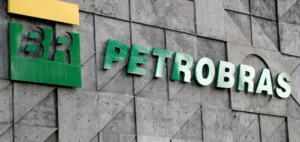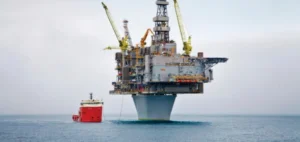In December, the Chinese corporation Sinochem made a rare purchase ofone million barrels of Venezuelan crude, exploiting the suspension of US sanctions on the South American producer. This follows Washington’s decision in October to suspend sanctions on Venezuelan oil and gas exports for six months, prompting a surge in spot crude oil and fuel trading.
Agreement details and market impact
Sinochem has signed an agreement to purchase Venezuelan Merey heavy crude at a discount of $11 per barrel to Dated Brent on an ex-ship delivery (ESD) basis. The crude is destined for Sinochem’s Changyi refinery in the eastern province of Shandong. This transaction marks a significant change for Sinochem, which had previously avoided Venezuelan oil.
Sinochem’s position and history of sanctions
Prior to the easing of sanctions, independent Chinese refineries were the main customers for Merey crude, benefiting from substantial discounts. Sinochem, however, has traditionally steered clear of oil under sanctions, fearing repercussions for its wider activities.
Economic and logistical consequences
The reduction in the discount for Sinochem, compared with transactions under sanctions, reflects tighter supply due to stagnant production in Venezuela and growing demand from India and the United States. Under sanctions, Venezuelan shipments to China were generally labeled as coming from Malaysia.
Sinochem’s entry into the Venezuelan market, encouraged by the temporary lifting of US sanctions, reveals the changing dynamics of the global oil market. Sinochem’s strategic maneuver shows how global players adapt quickly to political changes to take advantage of emerging opportunities.




